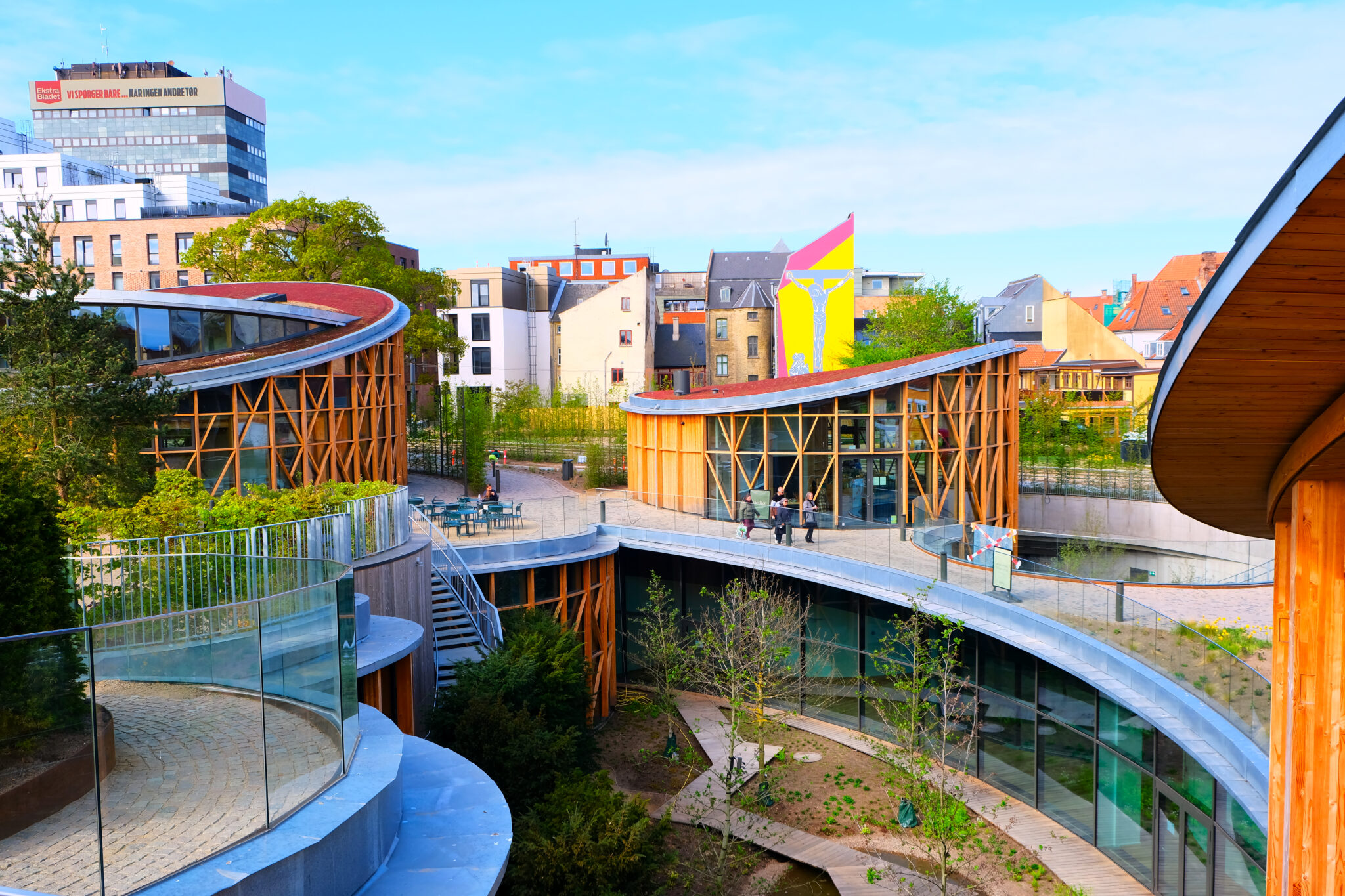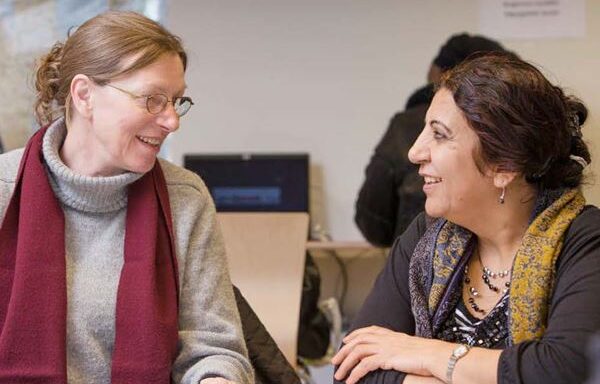Danish scientist Kristine Blans has found breast milk contains more types of genetic components that can positively affect the development of children than previously believed, reports Videnskab magazine.
Blans, who is a PhD student at the new department of molecular biology and genetics at Aarhus University, examined fresh samples of breast milk from five donor women as well as fresh, non-pasteurised cow’s milk.
She found breast milk contains more types of the so-called extracellular vesicles that may have positive effects on the cells of newborns.
Developed new method
“Kristine is one of the first in Denmark to have researched vesicles in breast and cow’s milk,” Malene Møller Jørgensen, a senior researcher at the Clinical Immunology Department at Aalborg University Hospital, told Videnskab.
“And to my knowledge, she is the first to ever analyse the diversity of the molecular content and physical properties of the vesicles.”
Blans developed a new method to isolate the vesicles from other components of the milk.
Examining cow’s milk
She now plans to investigate whether cow’s milk and other dairy products also contain functional vesicles that could benefit our bodies.
“If it turns out the vesicles in breast milk have a positive effect on children, we will consider adding them to the breastfeeding supplements,” Jørgensen said.
It has long been known that breastfeeding strengthens the immune systems of babies and may even increase their IQ.
















